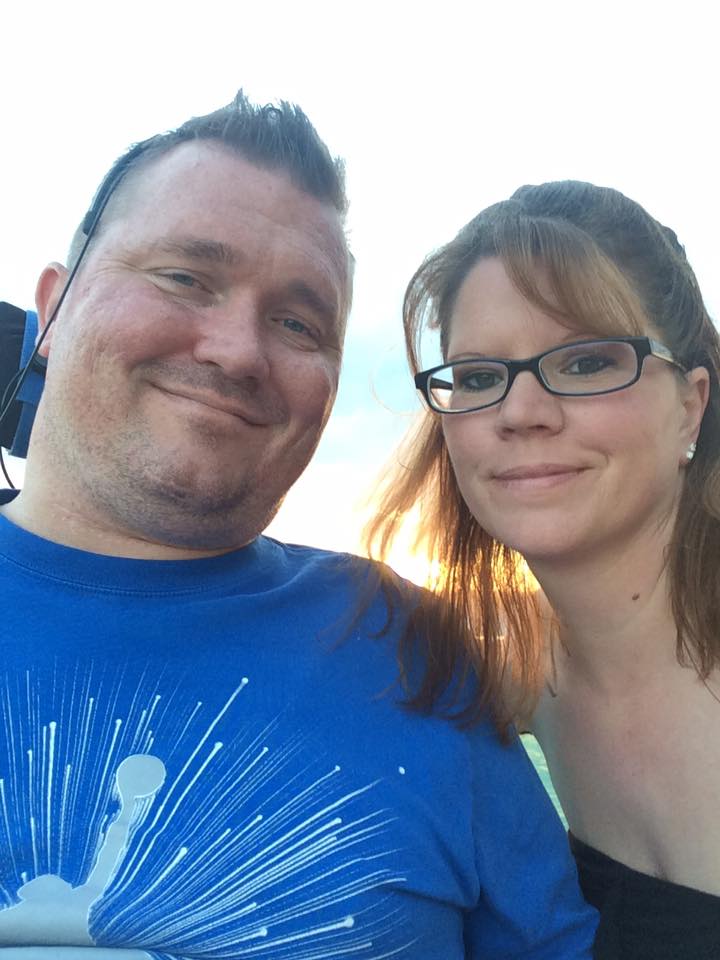A New Caregiver’s Guide to Taking Care of Yourself, Too. When you decide to become a caregiver, something happens in your brain almost subconsciously. You slowly begin to de-prioritize your own wellness. You have a job to do, and that job is to take care of someone else. It becomes the most important thing in your life. While this is perfectly natural, it’s detrimental. Not only does it hurt your own mental and physical health (the AARP notes a higher instance of illness in caregivers) to ignore your own self-care, but it prevents you from being a sufficient caregiver as well. Here’s how to prioritize your own care for the good of everyone involved.

Start by telling yourself that you are human
Whether you’re caring for someone with a mental illness, physical disability, terminal illness, or a combination of the three, you will experience some setbacks at some point. If there is one overarching theme to caregiver self-care, it’s having the ability to know your own limitations and forgive yourself for not being perfect. Nobody is. You are doing what you can, and that is enough.
Focus on the big three: diet, exercise, and sleep
There’s more to self-care than simply eating right, getting enough sleep, and squeezing in some exercise here and there. But if you are doing those three things, you’ll be well on your way to better overall wellness.
Try to adhere to a basic healthy diet—nothing too fancy. Find exercises that can be done in 15 or 30 minutes so you can squeeze them in between caregiving tasks. And finally, focus on getting good sleep, both in quantity and quality. Lack of sleep not only leads to health problems down the line, but it also affects your memory and alertness, which can make you a poor caregiver. As Qunomedical notes, all your sleep doesn’t have to come at once. Napping is a good strategy, as long as you keep naps short and sweet (as not to fall into a deep sleep during the day).

Know the signs of being overstressed and tackle them head-on
Stress will not go away on its own. You must be proactive in reducing your stress levels if you want to be an effective caregiver. Some warning signs that you are experiencing an unhealthy level of stress include irritability/wild mood swings, extreme changes in your eating habits (either too little or too much), inability to sleep, unexplainable fatigue, and forgetfulness or difficulty concentrating.
To battle your stress, you must take some time for yourself. Your best weapon against it is to identify stressors you can control, deal with them, but also identify what is out of your control. Mindfulness exercises like yoga, focused deep breathing, and meditation can help you cope with unavoidable stressors.
Schedule some recharge time
Sure, taking 5 or 10 minutes away from your responsibilities every so often to recharge your batteries is helpful, but it’s not enough. Self-care requires actual time off—enjoyable time off where you can actually forget your responsibilities and focus on fun and rejuvenation.
With this in mind, don’t feel guilty about seeking out some help. You deserve a break, and another family member can step in and fill your role while you take some time away. If no one is available, it’s okay to hire some caregiving help. Professionals are able to step in and do the job right, so you don’t have to worry. A New Caregiver’s Guide to Taking Care of Yourself, Too.
In the end, your ability to be a good caregiver is directly linked to your mental, emotional, and physical well-being. If you’re healthy, you can stay strong during a tough task. Step one for many new caretakers is overcoming the inevitable guilt that comes with taking time to focus on themselves. Remember: it’s not selfish. It’s smart and necessary.
A New Caregiver’s Guide to Taking Care of Yourself, Too.
About the Author
Harry Cline is the creator of NewCaregiver.org and author of the upcoming book, The A-Z Home Care Handbook: Health Management How-Tos for Senior Caregivers. As a retired nursing home administrator, father of three, and caregiver to his ninety-year-old uncle, Harry knows how challenging and rewarding caregiving can be. He also understands that caregiving is often overwhelming for those just starting out. He created his website and is writing his new book to offer new caregivers everywhere help and support.
Photo by David Mao on Unsplash

